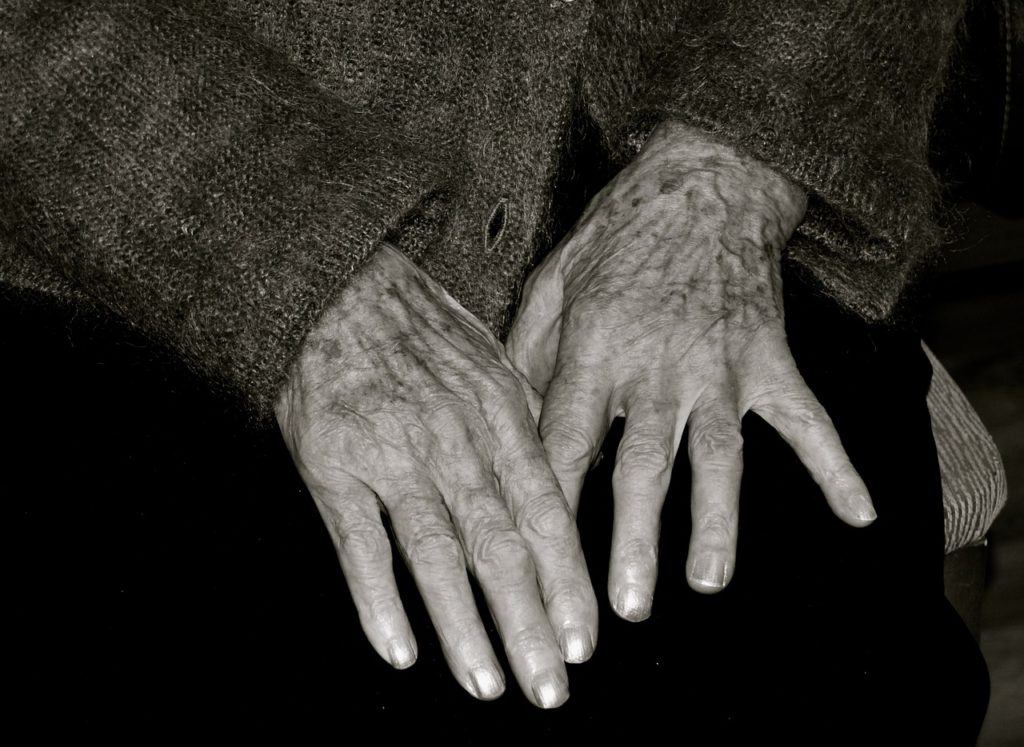
When faced with the very difficult decision on how best to care for a loved one who can no longer care for themselves, many Americans turn to nursing homes.
They do so with the expectation that these nursing homes will provide adequate care and a safe environment. However, this is not always the case. With a high ratio of turnover, underpaid and untrained staff, nursing homes are rampant with instances of negligence, neglect, and even wrongful death.
The only remedy injured patients and their families have is the ability to hold them accountable in a court of law. Mandatory arbitration clauses take away this ability. With little or no oversight, nursing homes have no incentive to prevent horrible nursing home abuse cases from being repeated.
Fine print buried in nursing home admissions contracts is depriving nursing home residents and their families of their constitutional rights. During the incredibly stressful nursing home admissions process, many nursing home corporations push residents and their families into signing away their right to go to court — even in instances when residents suffer severe neglect, serious injuries, death or sexual and physical abuse.
Although many states prohibit mandatory arbitration clauses a U.S. Supreme Court decisions in 2012 is turning these state prohibition on arbitration clauses on their heads.
In response to increasing runaway verdicts with large awards for punitive damages, many nursing homes are including arbitration clauses in their admission agreements. The U.S. Supreme Court’s decision in Marmet Health Care Center v. Brown, 132 S.Ct. 1201 (Feb. 2012), held that these agreements are enforceable because the Federal Arbitration Act (FAA) preempts both state laws and judicially established public policies that prohibit contracts that require arbitration to resolve personal injury lawsuits. The only exceptions are if the party seeking to enforce the agreement took advantage of the other or the terms are so one-sided that the clause is “unconscionable.”
Related Posts
What Every Elder Must Know About Discharge Hospital Planning
Is Elder Guardianship A Human Rights Violation?
Hospital Patients Don’t Get Proper Information About Nursing Homes
The United States Supreme Court said that because they had signed contracts containing arbitration provisions, they were denied their right to sue in court. It said the contracts written by the nursing homes must be followed. The cases would be decided by arbitrators, not impartial juries, and not impartial judges. Many arbitration clauses in contracts specify the arbitration company that must be used. Those arbitration companies know which corporations put them in as arbitrators and they know that their income depends on keeping the corporations happy with their rulings. If they don’t, the corporations put someone else in the contract to be the arbitrator. Does is sound like “the fix is in”? It sure does because it is. Studies have shown that some arbitration companies rule in favor of the corporations over 90% of the time.
CMS can require nursing homes that want to receive taxpayer funds to stop forcing residents to sign away their rights. It can restore residents’ rights and choice by permitting arbitration only after disputes arise, making arbitration truly voluntary. The nursing home industry should no longer be allowed to force victims into a rigged system because they signed a document during the stress and confusion of admission to their facilities. But do they want to?
There is a bill in congress to end arbitration clauses, but the nursing home lobby is so powerful that I would not hold my breadth.
Some Tips.
1. Do not sign any admission agreement without an attorney or elder advocate looking at it first.
2. Get an advocate to go through the admission process with you.
3. Do not sign the admission agreement for someone else, unless you are financially responsible for that person.
4. If you are forced into a nursing home by a hospital discharge planner, don’t sign the admission agreement at least until you have determined that the care is good.
5. If you are paying privately, insist that they pull out the arbitration clause.
6. Always ask the nursing home admissions person at the NH, if there is an arbitration clause in the contract.
7. Read every word of the contract and ask them to explain what you don’t understand.
8. If you already have signed an agreement have it rescinded, and refuse to turn over social security money (if they are on Medicaid) to the facility. If your loved one is paying privately, hold back payment until the clause is rescinded.
9. By GOD get an elder advocate. Advocates, unlike attorneys, will in most cases get you better results for a lot cheaper.
10. Plan, plan, and plan for elder care early.
My Elder provides elder advocacy services to families. Talk to us about long-term planning, finding the right home for your loved ones, preventing crisis and abuse, and ensuring they receive the best care possible.


